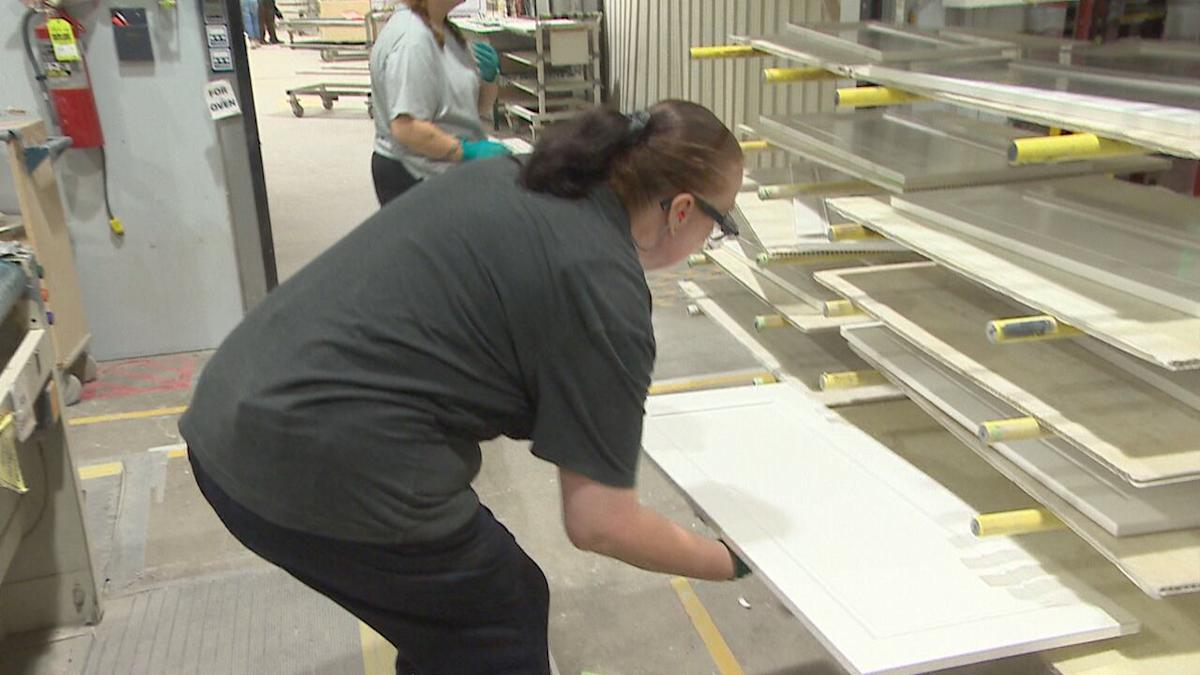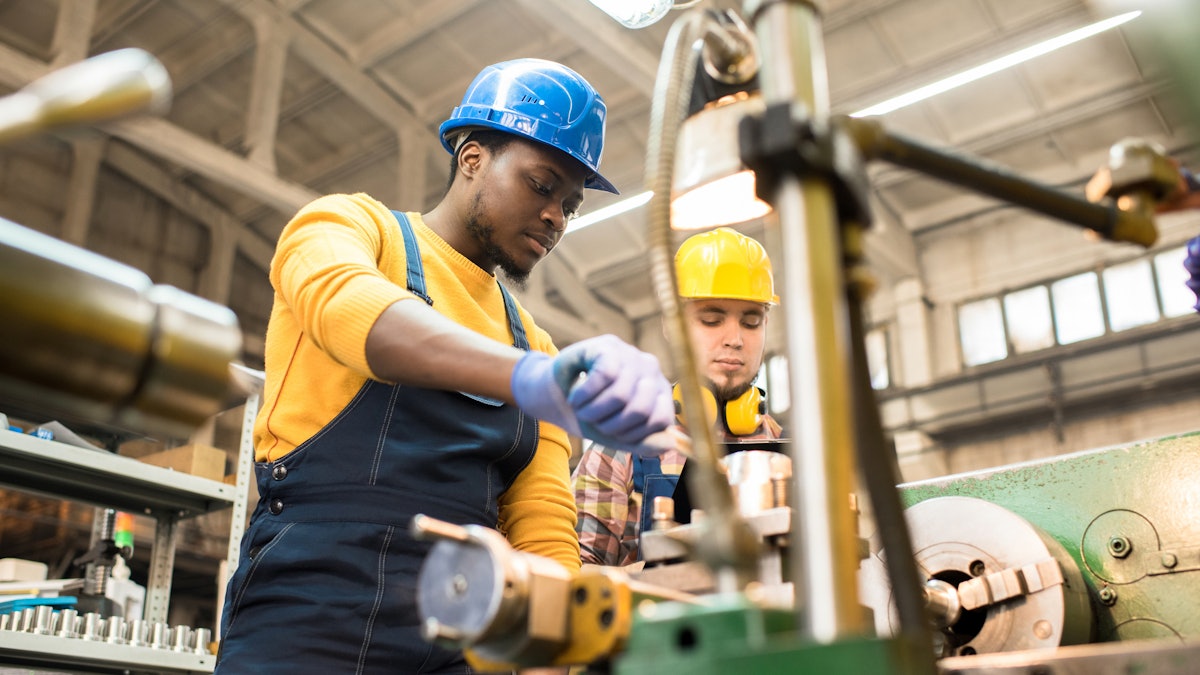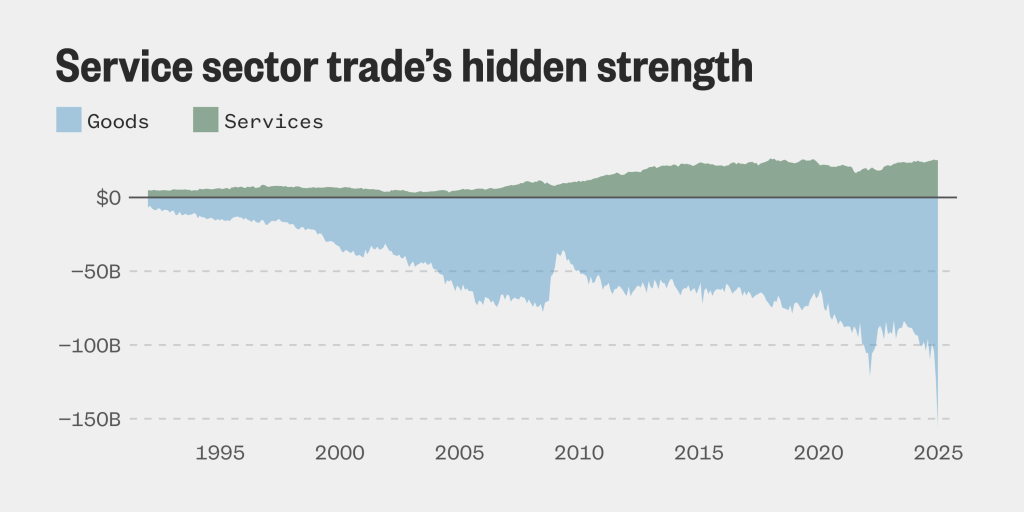Manufacturing Rebounds: Germany's Industrial Pulse Strengthens, PMI Data Reveals
Manufacturing
2025-04-01 08:48:51Content
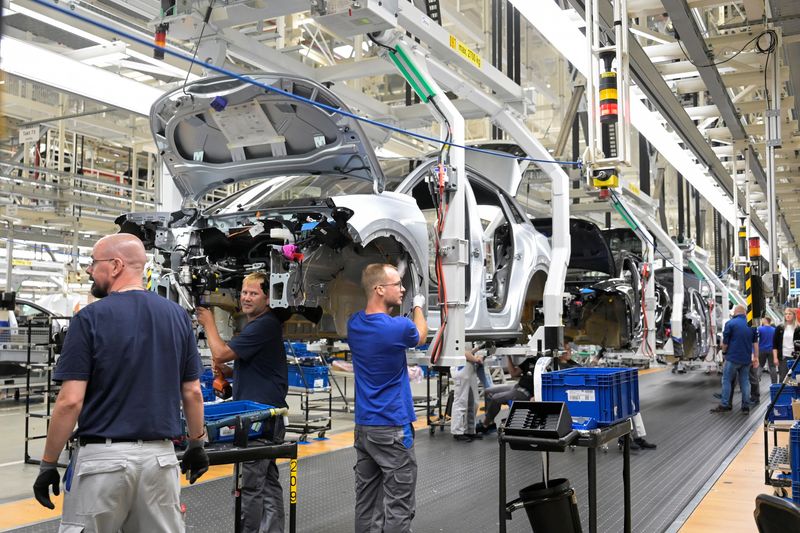
Germany's Manufacturing Sector Signals Potential Turnaround
In a promising development for Europe's largest economy, Germany's manufacturing industry has finally shown signs of emerging from a prolonged downturn. The latest business survey revealed a modest but significant production increase in March, marking the first such uptick in nearly two years.
The HCOB Germany Manufacturing Purchasing Managers' Index (PMI), compiled by S&P Global, suggests that the industrial sector might be on the cusp of a long-awaited recovery. This glimmer of hope comes after an extended period of economic challenges that have weighed heavily on Germany's manufacturing landscape.
Economists and industry experts are cautiously optimistic about this potential shift, viewing the March data as a possible turning point for a sector that has struggled with global supply chain disruptions, inflationary pressures, and uncertain market conditions.
While a single month's data doesn't guarantee a sustained recovery, the positive momentum offers a ray of hope for manufacturers and policymakers alike. The manufacturing sector remains a critical component of Germany's economic engine, and any signs of stabilization are closely watched both domestically and internationally.
German Manufacturing Rises: A Beacon of Hope in Economic Uncertainty
In the intricate landscape of global economic dynamics, Germany's manufacturing sector emerges as a potential harbinger of recovery, signaling a potential turning point after prolonged economic challenges. The recent indicators suggest a nuanced transformation that could reshape industrial expectations and economic forecasting.Breaking Economic Barriers: Germany's Industrial Renaissance Begins
The Resilience of German Industrial Machinery
The German manufacturing ecosystem represents a complex network of technological innovation and precision engineering. Despite facing unprecedented global economic headwinds, the sector demonstrates remarkable adaptability and strategic resilience. Manufacturers have been implementing sophisticated technological integrations, leveraging advanced automation, and reimagining production methodologies to maintain competitive advantage. Sophisticated digital transformation strategies have enabled German industrial players to optimize operational efficiency, reduce production costs, and enhance overall productivity. By embracing cutting-edge technologies like artificial intelligence, machine learning, and Internet of Things (IoT) solutions, companies are creating more agile and responsive manufacturing environments.Economic Indicators and Market Sentiment
The recent manufacturing performance survey reveals a profound shift in economic momentum. After nearly two years of stagnation, the sector's production increase represents more than a statistical anomaly—it symbolizes a potential systemic recovery. Economists and industry analysts are closely monitoring these developments, interpreting them as potential signals of broader economic revitalization. Market sentiment has been cautiously optimistic, with investors and stakeholders recognizing the intrinsic strength of Germany's industrial infrastructure. The manufacturing sector's ability to navigate complex global challenges demonstrates its fundamental robustness and adaptability.Technological Innovation as a Catalyst
Technological innovation stands at the forefront of Germany's manufacturing renaissance. Companies are increasingly investing in research and development, creating sophisticated ecosystems that blend traditional engineering expertise with cutting-edge digital capabilities. This approach not only enhances production efficiency but also positions German manufacturers at the global technological forefront. The integration of sustainable practices, advanced robotics, and data-driven decision-making processes represents a holistic transformation of the manufacturing landscape. By prioritizing innovation and adaptability, German industries are establishing new benchmarks for global manufacturing excellence.Global Economic Context and Future Projections
The manufacturing sector's recovery occurs against a backdrop of complex global economic uncertainties. Geopolitical tensions, supply chain disruptions, and ongoing technological revolutions create a multifaceted environment that demands strategic agility and forward-thinking approaches. Experts suggest that this initial production increase could potentially trigger a broader economic recovery, potentially influencing European and global economic trajectories. The interconnected nature of modern industrial ecosystems means that Germany's manufacturing performance could have significant ripple effects across multiple economic sectors.Challenges and Opportunities Ahead
While the current indicators are promising, challenges remain. Ongoing global economic volatility, technological disruptions, and evolving market dynamics will continue to test the resilience of German manufacturing. Continuous adaptation, strategic investments, and a commitment to innovation will be crucial in maintaining and expanding this nascent recovery. The manufacturing sector must remain vigilant, embracing flexibility and maintaining a proactive approach to potential economic fluctuations. By cultivating a culture of continuous learning and technological integration, German industries can transform challenges into opportunities for growth and innovation.RELATED NEWS
Manufacturing

India's Tech Revolution: $2.7 Billion Surge Transforms Electronics Manufacturing Landscape
2025-04-01 01:30:48
Manufacturing
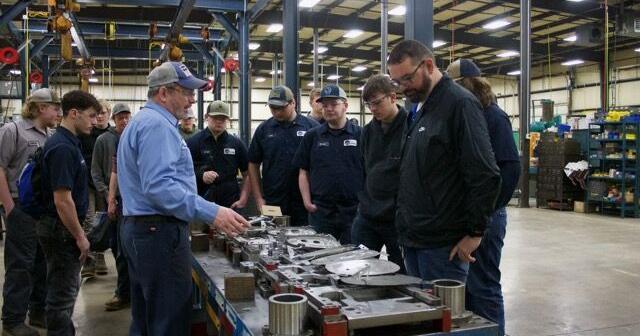
Inside Manufacturing Magic: Tri Star Students Uncover Cutting-Edge Tool Innovation at Omni
2025-03-15 15:01:00
